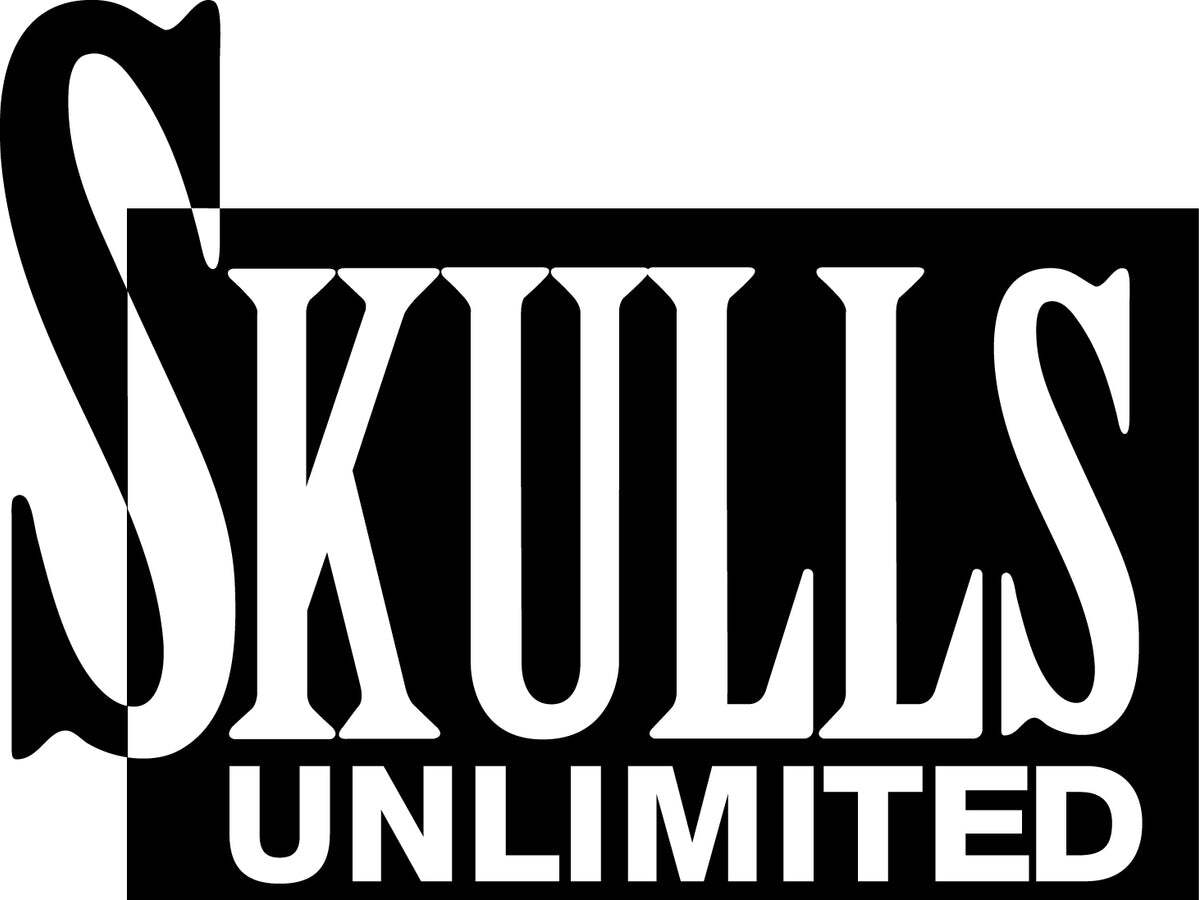No, I don’t want to buy one. This came out of a discussion about my brother, who is so much weirder than me if you can believe it, who owns a real human skull.
I don’t know how he got it. I don’t know where he got it from, maybe this company, more importantly, I don’t know why he would want such a thing. He is not a scientist, he works in IT. He did get an MFA in theater, wanted to be a professional theater director and loves Shakespeare, I can’t believe the reason was because he wanted Hamlet to be super authentic.
We’re not all that close, so it really hasn’t come up in conversation. I only know about it because he posted elsewhere a while back that he was on a Zoom meeting at work and he showed it off and couldn’t understand why everyone stopped laughing and got silent. So obviously he thinks it’s cool to own it.
It used to be a person. I’m an atheist and I don’t believe in an afterlife, but that’s just basic disrespect.
Anyway… how can you ethically source a skull and then sell it on the open market?



I think informed consent is key - and I know I would give mine for the right sum, unless a family member called first dibs. I am planning to be cremated and a few ounces of ashes more or less won’t make a difference.
I can hardly see any other way to obtain a human skull ethically. If the seller is honest, they should make the signed consent form available to the buyer upon request.
Herein lies the problem. Nowhere on their website can you find any details about informed consent or traceability. All you have are the words “ethically” peppered around the website without any definition as to what they mean by ethically nor any of their processes they use to ensure “ethicalness” of any of their skulls.